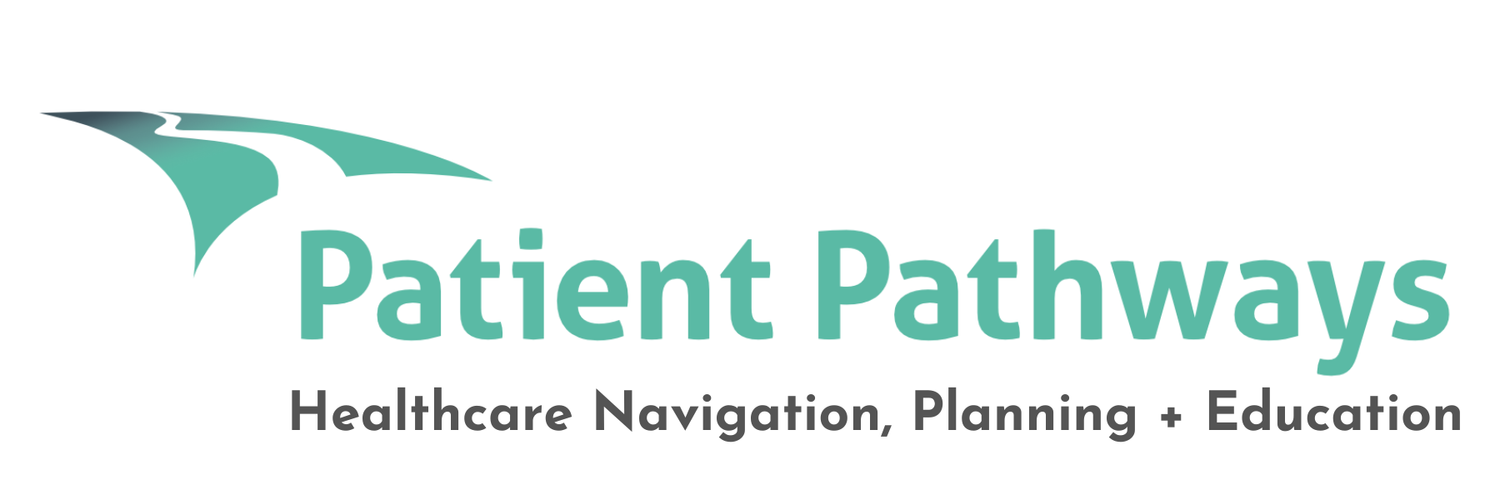Understanding MAiD and Dementia
“It always seems too early until it’s too late.”
In Canada, dementia is a qualifying diagnosis to receive Medical Assistance in Dying (MAiD), and it has been since its inception in 2016.
Dementia is a life-ending disease of the brain, and is not a mental health disorder.
The vital role of loved ones and substitute decision-makers
If a loved one has brought up MAiD in the past, and dementia is clearly on the horizon, it’s important to restart the conversation early. You can say things like, “Dad, you have said that if you developed dementia, you would want MAiD. It’s important that we talk about that now. We should start the process right away if you still want to consider this. That doesn’t mean you have to have it, but we need to get the correct information and start the process. It’s important for you to understand that you will always have the right to change your mind. Would you like me to get the process started?”
As a substitute decision-maker—even if you have a legal role as the Representative—you have no legal role to play when it comes to Medical Assistance in Dying. The decision-making and the process must be the adult’s at every step.
But you can get the process started, and act as a vital support, administrator and advocate for the person you love.
Why the process of MAiD is complex
There are a dozen or so significant causes of dementia, and each has its own course.
A medical diagnosis of dementia can take years, depending on how fast or slow cognitive decline is occurring and whether the adult has sought medical advice and testing along the way. Often, a diagnosis of dementia is not made until there has been a crisis or a hospitalization.
With dementia, the last information put into our brains is the first to vanish. We might not remember what we had for breakfast, but we can remember childhood adventures. Our discussions and desire to have MAiD will have been recent and can disappear like smoke.
Our executive functioning—the ability to make informed decisions—can be amongst the first things to suffer when dementia sets in. There is no bigger decision than deciding how and when we will die. Adults who were previously extremely clear about this decision wrestle with the concept, and the opportunity may eventually be lost.
While dementia meets the ‘irremediable’ part of the requirement for MAiD (the disease cannot be cured and will continue to decline), it is the other two qualifying factors that are at issue:
The adult’s condition must be ‘grievous,’ meaning they are suffering greatly. That is often not the case with the early stages of dementia when the disease has little impact on a person’s life.
The adult must be ‘capable’ at the time that they are requesting MAiD.
Note: The medical diagnosis of incapability differs entirely from the legal determination of competence. It is up to the MAiD Assessor to determine the adult’s capability to make this decision.
The adult must be in the Goldilocks zone where the disease has progressed to the point it is having an impact on the adult’s life, but not so great that the adult is no longer capable of understanding what MAiD is or the implications of their decision—dying.
Waiver of Final Consent
When there is concern that capability will be lost—as is the case with dementia—a Waiver of Final Consent is essential.
The adult must be capable at the time the two medical assessments are completed and approved, and the adult’s death must be deemed “reasonably foreseeable” (known as Track 1). However, if a waiver is in place, the adult does not have to be capable of doing so at the time MAiD is provided.
The medical Provider and adult will agree on a future date for the assisted death. If the adult loses capability by that date, the Provider can proceed with the MAiD provision. However, if the adult is still capable, they can delay that date. The adult and Provider will then set another date. There is no limit on the number of times the Waiver can be delayed.
If you might want MAiD in the future
Talk to your loved ones and future decision-makers now about your desire for MAiD if you should develop dementia. This is the ultimate, most important, courageous conversation.
Ask for a baseline mental capability test by your primary care practitioner now (called a MoCA) and make it a part of your annual examination so you can see changes to your baseline cognitive score. Be clear that you want to know if your cognition is slipping.
Ask your loved ones and friends to be honest when they see cognitive changes and memory lapses. These are challenging discussions because with cognitive decline often comes denial, both by the adult and those around them.
As soon as you get a diagnosis of dementia, request MAiD. Read more about Understanding Medical Assistance in Dying. If you are told it’s too early, your case file will remain open, and one of the Assessors should follow up with you regularly.
Have a backup Advance Directive. This legally binding document should include your wishes and an ‘exit strategy’ about when you want feeding discontinued and antibiotics stopped. Please contact us for assistance with establishing an Advance Directive and other critical end-of-life documentation.
Resources + Links
PatientPathways.ca: Understanding Medical Assistance in Dying (MAiD)
Canadian Association of MAiD Assessors and Providers (CAMAP): Eligibility
Dying with Dignity Canada: Can a person with dementia qualify for assisted dying?

